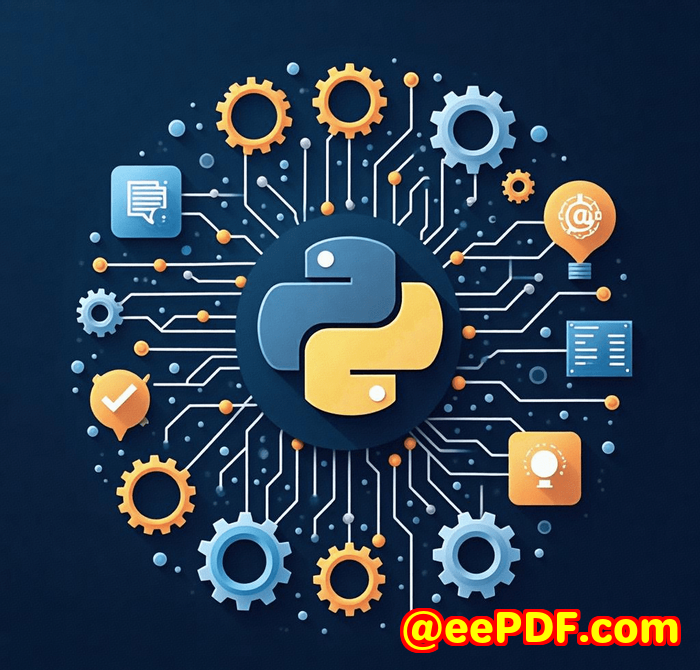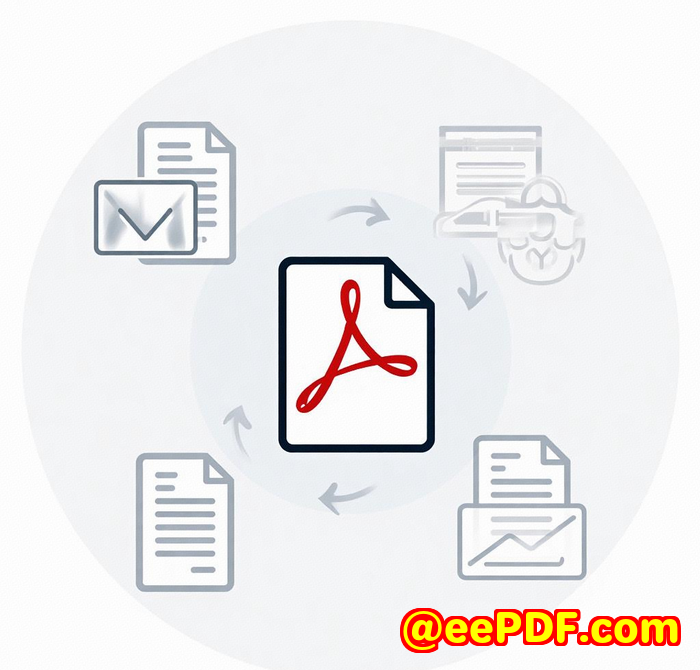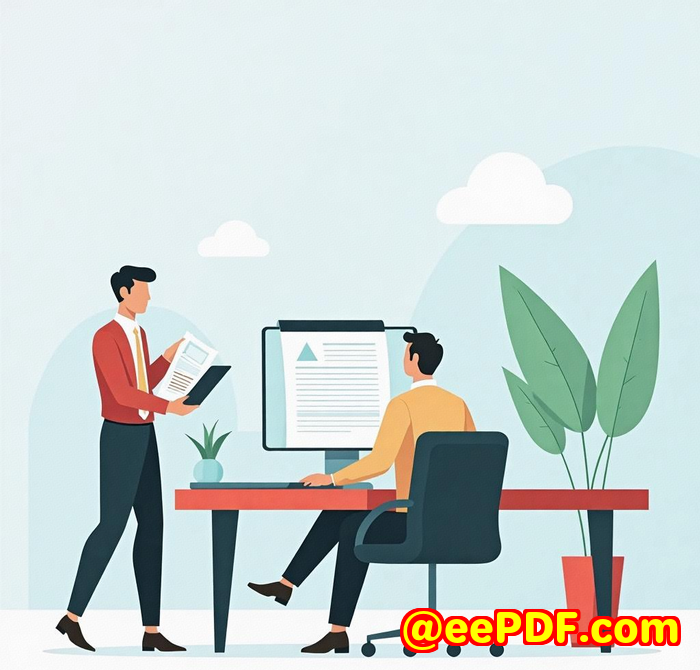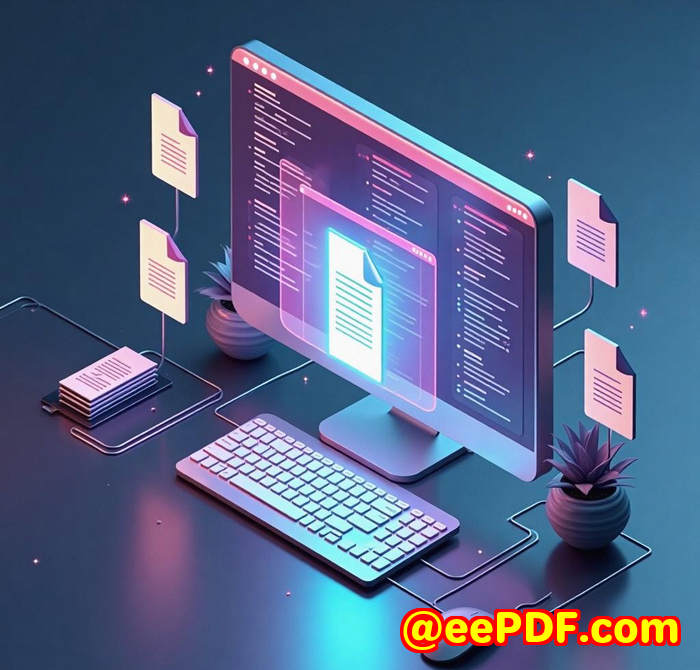VeryPDF vs PDFmyURL Which API Offers More Advanced Features for PDF Layout Control
VeryPDF vs PDFmyURL: Which API Offers More Advanced Features for PDF Layout Control
Meta Description:
Discover which APIVeryPDF or PDFmyURLoffers better layout control and document rendering for developers. We break it down with real-world use.
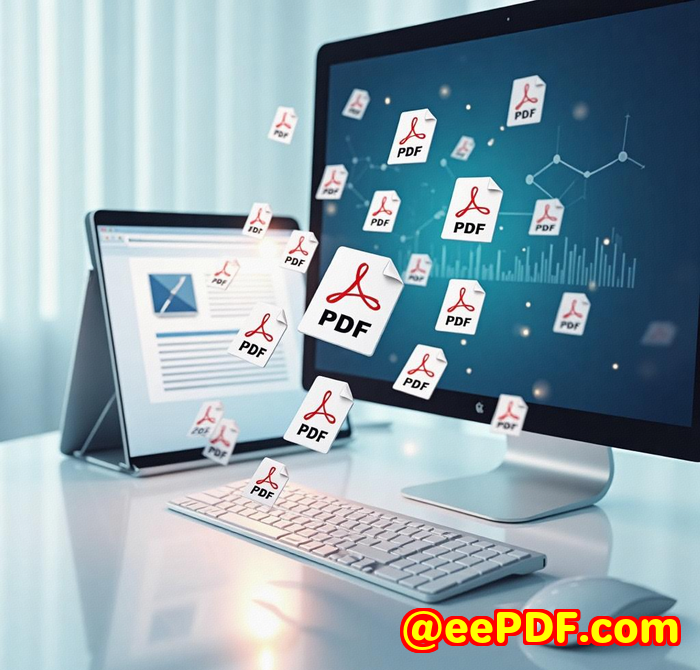
Every time I ran an invoice batch job, my PDFs came out like a toddler had done the layout.
Fonts were off. Headers overlapped footers. Margins? What margins?
At first, I thought the issue was my own code. But after hours digging, I realised the culprit was the PDF generation API I was usingPDFmyURL.
I needed something better. More control. Fewer hacks.
That's when I found VeryPDF Webpage to PDF Converter API, and everything changed.
How I Found VeryPDF After Hitting Rock Bottom
I'm not new to this game.
Been shipping web-based apps and tools for nearly a decade. APIs are supposed to make life easier, not harder.
So when my clienta marketing agencyasked for dynamically generated PDF lookbooks with custom fonts, floating headers, and CSS grid layouts, I went straight for PDFmyURL.
Seemed like a solid choice at first.
But after two weeks, I hit every wall imaginable:
-
Limited CSS support (forget flexbox or grid).
-
Headers got chopped off.
-
Couldn't embed dynamic footers.
-
Layouts looked like 2004 printouts.
That's when someone in a dev Slack group mentioned VeryPDF.
What VeryPDF's Webpage to PDF Converter API Does (And Who It's For)
This tool isn't just another HTML to PDF converter.
VeryPDF is for developers who need absolute control over how a webpage becomes a PDF.
If you're:
-
Building client invoices
-
Automating contracts
-
Creating dynamic brochures
-
Needing pixel-perfect reports
-
Serving clients in law, healthcare, or finance
...then this is for you.
It's a cloud API, easy to plug into any stack (Python, PHP, JavaScriptyou name it).
You call the API with your HTML or URL and it spits out a clean, properly rendered PDF. No need to babysit the layout.
Killer Features That Actually Work
Here's what sold me. Not the marketing fluff, but real features that saved me hours.
1. Chrome-Based Rendering Engine
This is a game changer.
Most converters still rely on outdated engines or libraries like wkhtmltopdf.
VeryPDF runs on a headless Chrome environment, which means:
-
All CSS properties work (flexbox, grid, media queries, custom fonts)
-
JavaScript executes before rendering
-
The PDF looks like the browser outputexactly what clients expect
I had a landing page with a parallax background and dynamic counters. PDFmyURL choked on it. VeryPDF rendered it like a screenshot.
2. Layout Control That's Actually Useful
I could:
-
Set custom page sizes (even A3 and weird dimensions)
-
Add headers and footers with full formatting
-
Inject my own CSS and JavaScript
-
Wait for specific DOM elements before rendering
There's a massive difference between "you can control layout" and "you can control layout like a pro".
For example, I had a template where I needed the footer to display:
-
The date
-
Page number
-
A disclaimer in fine print
Here's the URL I used:
http://online.verypdf.com/api/?apikey=XXXX&app=html2pdf&infile=https://myclient.com&outfile=client.pdf&--header-left=MyClient&--header-right=Page [page]/[toPage]&--footer-left=Generated on [date] [time]
One call. Clean result. No hacks.
3. Secure PDF Generation + HIPAA Compliance
We work with healthcare clients too. Security is not a feature, it's a requirement.
VeryPDF's API:
-
Encrypts PDFs (128-bit)
-
Doesn't store data unless you ask it to
-
Is HIPAA-compliant (PDFmyURL doesn't mention this anywhere)
That alone was enough to win our legal team over.
How It Saved My Sanity (and My Client's Trust)
We switched the API integration from PDFmyURL to VeryPDF in one afternoon.
-
Setup was REST-based, super simple
-
Worked in both Node.js and Python
-
Didn't need SDKs
Right after launch, the client asked for "can we add OG images for the lookbooks when shared on Facebook?"
With PDFmyURL? Would've been another no.
With VeryPDF? Used the Open Graph image generation feature.
Added a CMS field, hooked it to a template, and pushed it through their image API.
Marketing team was stunned.
Where PDFmyURL Falls Short (And Why It Matters)
Look, PDFmyURL isn't terrible.
It's fine if you need:
-
Simple conversions
-
Don't care about styling
-
Static pages only
But if you're handling:
-
Tailwind layouts
-
Bootstrap-heavy pages
-
Dynamic scripts
-
Custom templates
...then it's like trying to edit a high-res video with MS Paint.
VeryPDF just has way more muscle under the hood.
Why I'd Recommend VeryPDF to Anyone Who Cares About Layout
If you're tired of ugly PDFs, broken styles, or constantly fighting your tools, don't waste another week.
VeryPDF Webpage to PDF Converter API gave me:
-
Control
-
Speed
-
Clean, professional documents
And more importantlypeace of mind.
Try it for yourself here:
https://www.verypdf.com/online/webpage-to-pdf-converter-cloud-api/try-and-buy.html
Custom Development Services from VeryPDF
Got a specific workflow? Niche platform? Complex pipeline?
VeryPDF offers custom-built solutions for developers and businesses across Windows, macOS, Linux, and cloud environments.
They build everything from:
-
Windows Virtual Printer Drivers (generate PDFs, EMFs, and images from any app)
-
Print job capture and monitoring tools
-
System-wide API hooks for app-level control
-
Barcode tools, OCR, layout detection
-
Document converters (PDF, PCL, PS, Office, TIFF)
Languages supported? Just about all of them:
Python, PHP, C++, JavaScript, C#, .NET, HTML5, Android, iOSyou name it.
Need a unique document processing system?
Reach out via: http://support.verypdf.com/
FAQs
1. Can I try VeryPDF without signing up?
Yes, there's a free trialno account needed.
2. Does VeryPDF support batch conversions?
Absolutely. You can schedule or automate large batches and manage concurrency easily.
3. Will I lose unused conversions each month?
Yes. Unused conversions don't roll over.
4. Is my data stored after conversion?
No, unless you enable it in settings. By default, nothing is stored.
5. Does it work with Tailwind or Bootstrap?
Yes, and beautifully. It handles all modern CSS frameworks with full fidelity.
Tags/Keywords
-
HTML to PDF API
-
Webpage to PDF conversion
-
PDF layout control API
-
Developer tools for PDF generation
-
Secure PDF generator
If you're serious about layout control and high-fidelity PDFs, VeryPDF is the API that doesn't make you babysit your output.
